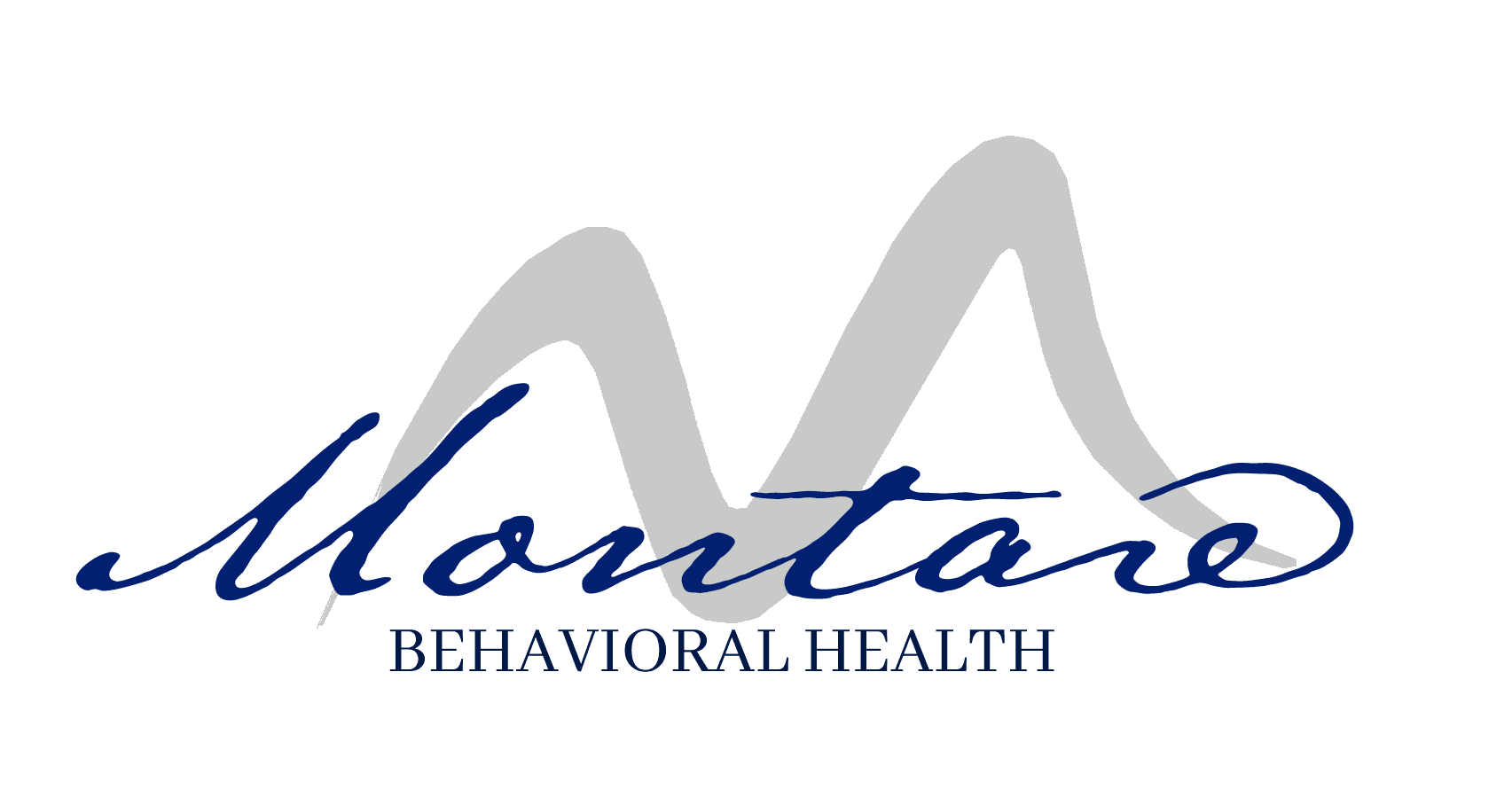People who want to improve their mental health often attend therapy sessions or take prescription medications to help ease symptoms such as anxiety and depression. Another way to help includes participating in mental health activities and games that help people learn about themselves and how to enjoy better mental health. Montare Outpatient provides highly effective treatment for a variety of mental health disorders on an outpatient basis. We believe engaging in mental health activities and games provides complimentary assistance to the treatment we provide. This combined approach gives people the best opportunity to heal.
What Are Mental Health Activities?
Mental health activities are ways people can actively work on improving their mental health. Using them can provide a nice supplement to attending formal treatment sessions, such as individual and group therapy. What activities the person chooses and the results they see can be discussed with a therapist or members of a treatment team in outpatient or residential treatment programs. Even after treatment concludes, engaging in positive mental health activities can help a person minimize symptoms of incurable mental health disorders. In addition, it can aid in keeping levels of anxiety and depression down.
What Are Mental Health Games For?
Mental health games help people practice skills related to regulating their emotions and moods. They can prove particularly helpful for people who feel isolated and need an outlet for healthy activities. Mental health games can be used to improve ongoing symptoms of poor mental health. As well, they can provide a boost in the ability to keep from losing ground when a person has already improved symptoms of a mental health disorder.
List of Mental Health Activities and Their Benefits
 Many options for mental health activities exist and can be done by hand or on a computer. Some of the most popular and effective ones include:
Many options for mental health activities exist and can be done by hand or on a computer. Some of the most popular and effective ones include:
Thought Record Worksheet: The person records their thoughts and emotions and then reflects on if they are reality-based or come from false assumptions or fears. This helps them find the correlation between something that happens and how it makes them feel. They can then modify their beliefs as needed.
Self-Care Checklist: This can be used while a person attends therapy or after it concludes. They create a list of ways they engaged in self-care that include these sections: Emotional, Physical, Social, Professional, and Spiritual. The individual notes ways they practice self-care each week and can report them to their therapist. This allows them to recognize when they need to step up actions such as eating healthy, attending social events, and being gentle with themselves during trying emotional times.
Daily Mood Tracker: Many people with mental health disorders find it difficult to identify their emotions. The Daily Mood Tracker requires the person to divide their day into two-hour blocks and take note of what emotions they feel during them. They learn to draw a line between what happened during or just prior to that time and what feelings it produced.
Exercise: Exercise offers numerous mental health benefits by positively impacting mood, reducing stress and anxiety, enhancing cognitive function, and promoting overall well-being. Regular physical activity stimulates the release of endorphins, which are natural mood boosters, leading to improved emotional state. Additionally, exercise helps manage stress by reducing cortisol levels and promoting relaxation.
Artwork: Engaging in art has proven to be beneficial for mental health in various ways. Creating art provides an outlet for self-expression. This allows individuals to process and communicate emotions that may be difficult to express verbally.
List of Positive Mental Health Games
 Mental health games provide people with a way to distract themselves when they feel emotionally overwhelmed. It also helps when someone simply needs a break from challenging situations. Some of the games can specifically address therapeutic techniques. Others can be a simple way of refocusing the person’s attention as an act of self-care. They can also start a conversation that helps the individual better understand and explain how they think and feel. Some popular mental health games include:
Mental health games provide people with a way to distract themselves when they feel emotionally overwhelmed. It also helps when someone simply needs a break from challenging situations. Some of the games can specifically address therapeutic techniques. Others can be a simple way of refocusing the person’s attention as an act of self-care. They can also start a conversation that helps the individual better understand and explain how they think and feel. Some popular mental health games include:
Cards Against Anxiety: This deck of Cards Against Anxiety contains 25 wallet-size cards with cognitive-behavioral therapy techniques on each one. The person carries with them and, when they feel anxious, they pick one and use it to help alleviate their anxiety when it flares up.
Mindfulness Games: When someone feels overwhelmed by emotions, it can help to use mindfulness games. They force the person to concentrate on the game, which distracts them from feelings like anxiety, depression, and anger. Games can include crossword puzzles, word searches, paint-by-number games, and more.
Describe Cards: Describe Cards serve as conversation starters a person can use in therapy, during peer support sessions, when talking to family and friends, or as a prompt for journaling. The cards can be used for both children and adults and help people discuss their emotions and viewpoints on a variety of topics.
What if I Need More for My Mental Health?
While mental health activities and games can provide tremendous benefits, sometimes a person needs more formal options. Outpatient treatment programs offer different levels of care that help people who need help improving their mental health. A great deal of progress can be made by attending individual therapy sessions. As well, the peer support that comes with group therapy helps people realize they aren’t alone. Other popular types of therapy to help treat mental health disorders include family therapy, holistic therapy, cognitive-behavioral therapy (CBT), and dialectical behavior therapy (DBT).
Contact Our Encino Mental Health Center at Montare
Are you interested in finding quality treatment from mental health experts? Montare Outpatient matches each person we treat with the right level of outpatient care for their needs. We provide access to world-class therapy from skilled clinicians, as well as any necessary prescription medications. We believe each person has the power to improve their mental health, and we make it our goal to help them discover it.
For more information about our programs, contact us today. We can answer your questions and help you get started now.

